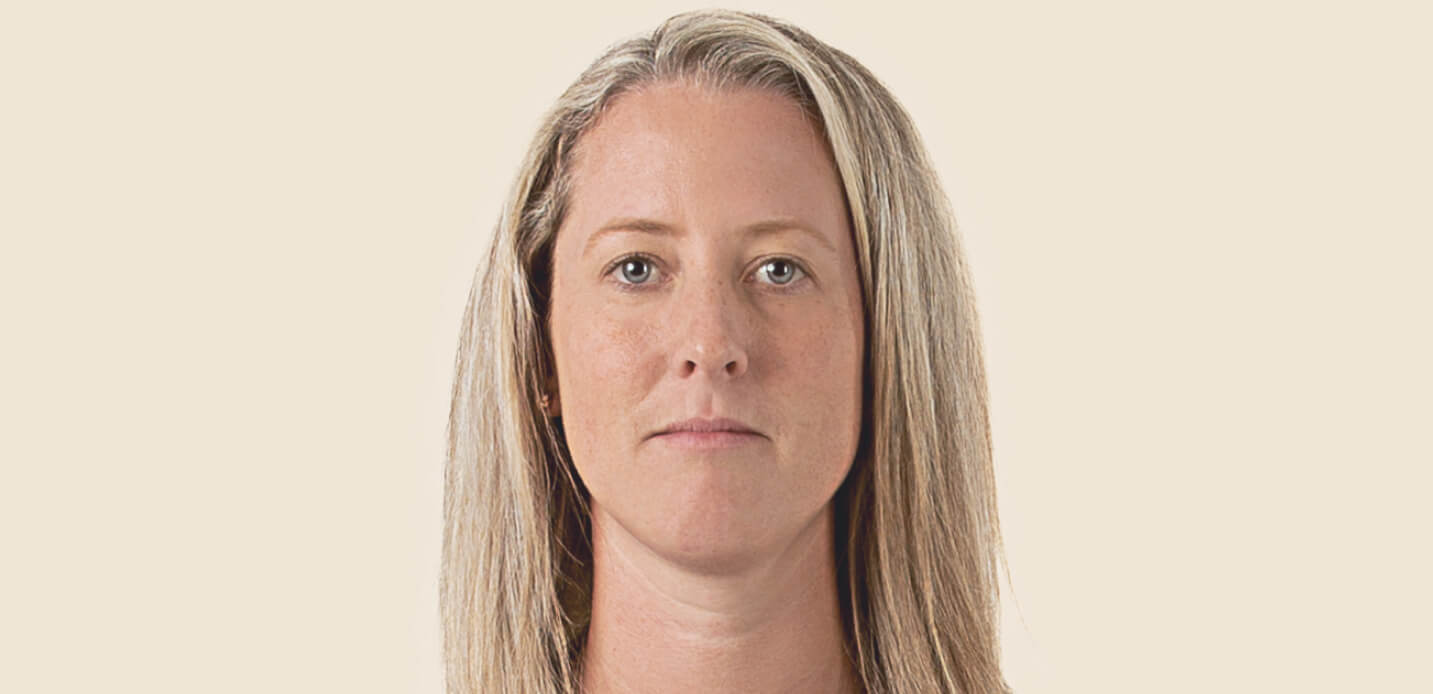The latest candidate in our series of Q&As with influential women in the technology business in Canada is Joanna McFarlane, Associate Partner, Vice President, Media and Analytics, King Ursa, a full-service creative agency.
Highlighting Women in Tech
Name: Joanna McFarlane
Job Title: Associate Partner, Vice President, Media and Analytics, King Ursa
Years in the Industry: 12 Years
The Quote That Most Inspires You: “We cannot change what we are not aware of and once we are aware, we cannot help but change.” – (Sheryl Sandberg)
What drew you to a career in the consumer and/or business technology industry?
I have always been fascinated with ‘the power of data’ and the privilege to use it to better understand consumer behaviour. Throughout university, I was drawn to both STEM and the arts and have found working in advertising within the analytics and media space has really allowed me to flex both sides of my interests.
Have you encountered any roadblocks along the way that were related to your gender?
There’s no question that, more often than not, I was the only woman in the room around data and technology. While that’s starting to change, I did have insecurities about that at the onset. I coped by continually learning and pushing myself to refine and improve my technical skills.
I have been fortunate in that I haven’t directly encountered roadblocks in my career as it relates to any of the organizations for which I have worked. I think this goes back to working for companies and leaders that prioritize talent and diversity.

What unique characteristics or perspective do you feel you bring to your organization as a woman?
I think women tend to be curious and introspective. These traits have helped me throughout my career and have been embraced at King Ursa, where all team members are encouraged to approach campaigns with a curious, open-minded mentality.
This environment has allowed me to always look for deeper rationale, more data, or a different perspective before I make a decision, which I think makes for better overall decision making and leadership.
Technology is historically a male-dominated industry, yet the use of tech is fully embraced by women, and many studies even suggest that females are the primary buyers of tech in the home. What do you feel the technology industry needs in order to attract more women, particularly into high-level positions?
I think the main issue is that men still outnumber women in STEM related programs which are feeders to careers in data science. There’s a stigma that a career in data science only relies on the left side of the brain. However, consciously or not, data scientists embed their values, interests, and life experiences into the data they handle, shaping outcomes in line with their understanding of the world. It is for this reason that diversity is so critical in the field of data science. I think if this was better understood, more women would go into STEM related fields.
When working to attract more women into senior-level positions, it’s essential that organizations highlight benefits that appeal to women specifically, such as flexible hours, fair mat leave, and family friendly policies. It’s also important for organizations to encourage women across all departments to be leaders; providing the training and mentorship necessary to do so. King Ursa does an excellent job leading in both of these areas and I feel very grateful to have joined an organization with such incredible policies and leadership.
If you had to sum up what it is like being a woman in this male-dominated technology industry in just a few words, what would you say?
It’s a battle. As a woman working in a male-dominated industry, I have previously felt exhausted by the additional hoops and barriers that women have to go through. However, I also feel a sense of purpose. By working in a male-dominated industry, I am able to support and empower other women in the industry.
Are there other women in the tech industry who inspire you?
Alyssa Furtado, the Co-Founder and Co-CEO of RateHub. I feel quite fortunate to have been developing my career while she was building out her business. Not only has she inspired the technical aspects of my career, but also the principles in which she leads through. Alyssa strikes the right balance between leading with determination and speed and leading with humility. Now, managing my own team, I remind myself of these principles and how you can’t have one without the other.
What are some of the misconceptions/myths about women working in the technology space that you’d like to dispel?
As mentioned earlier, I believe the biggest misconception about women working in the technology space is that having gender equality isn’t necessary, but it certainly is. It’s important to incorporate the lived experience of women into output recommendations – how else are you going to successfully market to this demographic? Without women in technical fields, strategies based on data are skewed, and can impact society negatively on a massive scale.
What’s one thing you wish was done differently in the industry, and why?
In hindsight, I wish I had been more vocal in advocating for women within the space earlier in my career. I also believe that because I was fortunate to have leaders that encouraged me, I wasn’t as attune to the implicit bias. Providing visibility to women allows the next generation of younger women to get inspired, take the stage more, and present their thinking.
Are you optimistic for the future in general and for the industry?
Absolutely, I wouldn’t be in tech if I wasn’t optimistic about it!
Not only is technology getting better and more accessible, but the adoption of digital and analytics technologies is no longer considered a nice-to-have – it’s a must-have. I believe there is a huge role for women to play in helping brands and agencies effectively unlock opportunities in data driven decisions and marketing in omnichannel ecosystems.









